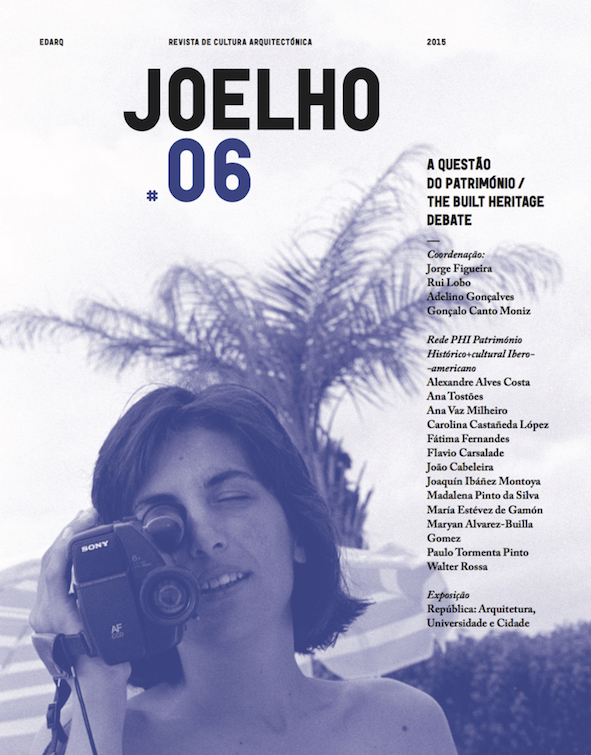Territories of energy production and landscape heritage. The Coal Basin of Douro
DOI:
https://doi.org/10.14195/1647-8681_6_3Palavras-chave:
Heritage, Landscape,Resumo
Two decades after the introduction of fuel oil in Thermoelectric power Station of Tapada do Outeiro, is closed the last national fuel exploitation. The “assisted dying" of the Pejão Mine happens in 1994. The affirmation of neotechnic will change the energy system based on coal-iron binomial (Mumford, 1992, p.112).
As a cumulative capital, the coal quickly becomes more profitable than wood: much more compact, its extraction, transportation, storage and processing goes on to establish itself as a system of territorial organization; the dependence of Porto on coal determines the relevance of the energy system in the transformation of landscape, stretching since social structures to support the Exploration till the infrastructure systems of City.
After the dematerialization of the energy source, all this energetic system lost its significance: the articulation element becomes immaterial; it loses the need of a physical support structure. More than the forms of this territorial system, it becomes relevant its representation as a cultural symbol.
The heritage paradigms have been mutating; the concept has been re-encoded by different scientific fields. If the monument was understood as the subject of memory and identity, the current condition of heritage focuses on its capacity to represent "values and needs that establish links between the present and the past, thus giving coherence to a changing world" (Choay, 2005,p.9).
The process of patrimonialization is often activated before the threat of disappearance, reconnecting-up of the inheritance of view; now, talking about heritage, is referring especially to common goods that are no longer integrated into daily practices, reflecting a clear trend towards the elasticity of their meaning. More than a reflection of our past, the heritage becomes a reflection of the future, (re)inventing itself to not disappear. In this deep identity process, the identity is not the the most important factor, but the collective assimilation of change that is made. Metaphorically, the mourning is transposed to the domain group, founding social relations on a collective memory.
Given the functional death of the whole energy system that marked the transformation of the Douro Carboniferous Basin we will discus its assimilation when replacing the logic (infra)structural. In an assisted death process is important to understand how can the inertia produced by energy system in the territory being (re)understood as operating resource (Bel and González, 2009), an heritage closely linked to the territory -but also to landscape- surpassing the prospective of mere crawl.Downloads
##submission.downloads##
Publicado
Edição
Secção
Licença
Acesso Livre
Autores que publicam nesta revista concordam com os seguintes termos:
a. Autores conservam os direitos de autor e concedem à revista o direito de primeira publicação, com o trabalho simultaneamente licenciado sob a Licença Creative Commons Attribution que permite a partilha do trabalho com reconhecimento da autoria e publicação inicial nesta revista.
b. Autores têm autorização para assumir contratos adicionais separadamente, para distribuição não-exclusiva da versão do trabalho publicada nesta revista (ex.: publicar em repositório institucional ou como capítulo de livro), com reconhecimento de autoria e publicação inicial nesta revista.
c. Autores têm permissão e são estimulados a publicar e distribuir o seu trabalho online (ex.: em repositórios institucionais ou na sua página pessoal) a qualquer ponto antes ou durante o processo editorial, já que isso pode gerar alterações produtivas, bem como aumentar o impacto e a citação do trabalho publicado (Veja O Efeito do Acesso Livre).





